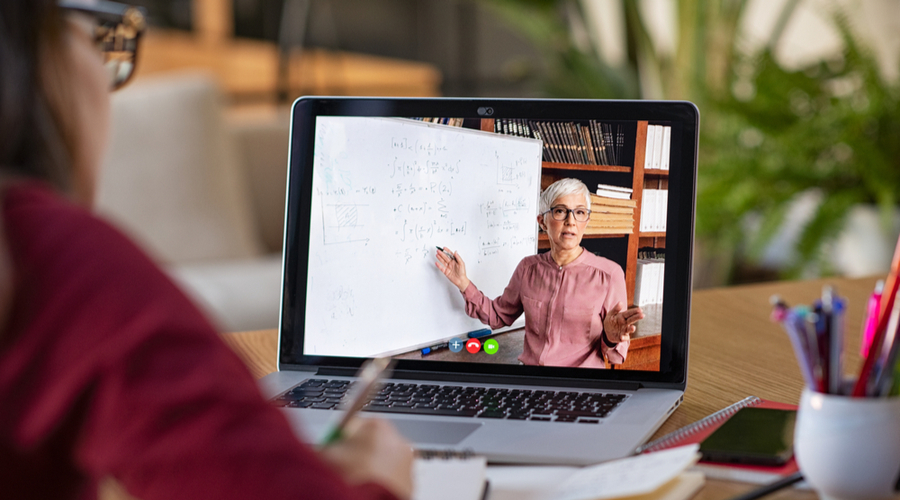Every educational institution is reflecting with its faculty members and other stakeholders on how to arrive at a balanced blend between online and offline modes of teaching-learning and evaluation processes. We need to study and weigh the prospects of what will be the best combination that an institution can adopt for the benefit of the student community.
Higher education institutes need to have short-term and long-term perspective plans to tackle the challenges posed by the Covid-19 pandemic in the education sector. Every crisis, natural or man-made, poses serious problems and challenges. It is our responsibility to convert these challenges into constructive opportunities. That is what has happened in the last three months during the lockdown period.
Lockdowns have jeopardized the academic atmosphere. There is an overwhelming sense of emotional damage, anxiety and uncertainty among teachers, students and their parents about classes, examinations and academic progression. We should address these issues systematically and find viable solutions to the satisfaction of all. I see two solutions to this at the higher-education level; one is a short-term solution and the other long-term. The short-term one has four phases.
The first phase involves the conduct of examinations of the final (terminal) semester students of post-graduate and undergraduate courses as per the advisories of the regulatory bodies like the University Grants Commission. A weightage of 50 per cent is given to previous semester aggregate and 50 per cent weightage to the Continuous Internal Assessment of the end semester. The CIA component includes an online assignment or examination based on online teaching-learning conducted during lockdown period. All educational institutions may have to plan this way to do justice to our final-year students.
The second phase concerns the intermediate semester students. We need to plan out the conduct of their examinations. It is not right to conduct these examinations online to ensure that students do not face any problems in their career opportunities in the future and in the recognition of their academic standards. All precautions and necessary protocol measures are to be taken to prevent the potential spread of Covid-19.
The third phase involves the admissions of fresh students. Some institutions have already begun the online admission process for different courses, except UG that will start after the announcement of the +2 results. The fourth phase is to begin the new academic session. If everything goes well, the new session could start from the beginning of September. It is beneficial to discern through the collective wisdom and take appropriate decisions that suit situations.
While working out the long-term perspective plan, one must bear in mind that technological advancement and innovations are the extension of the human mind and wisdom. Teaching online is a virtual reality. It cannot replace offline, face-to-face, interactive mode. It can definitely supplement the offline mode and enrich the process of education. Keeping this idea in mind, we must evolve a right blend between these two — offline and online modes of teaching, learning, evaluation and even research.
In the last couple of months, the education domain has become exciting. We have seen the mushrooming of online education start-ups, which are promising digital platforms to educational institutions. They are wooing institutions through Zoom, Microsoft Teams, Skype and WhatsApp to provide live and recorded classes to the students.
We cannot allow our institutions and stakeholders to suffer at any cost. Academic atmosphere and the sacredness of the temples of wisdom must be sacramentally maintained and sustained. Every institution needs to collectively reflect with its faculty members and experts to find a permanent solution to make education student-friendly, novel and transformative. The proportion between online and offline could be on the basis of an institution’s infrastructure and facilities. The Covid-19 pandemic has challenged us to look for alternatives and to usher in the ‘new normal’ in terms of rethinking the modes of dissemination of education within our institutions.
Technology-enabled teaching-learning is evolving fast and will play a major role in the education sector in the future. We cannot restrict ourselves to only the methodology. The challenges are local and global, and they should involve our whole being and doing — transform and uplift the content of teaching-learning, our approaches, attitudes, relationships and ensure the betterment of our education and transformation of our students. This is the mission of every teacher and every temple of wisdom.
The author is vice-chancellor, St. Xavier’s University, Calcutta











